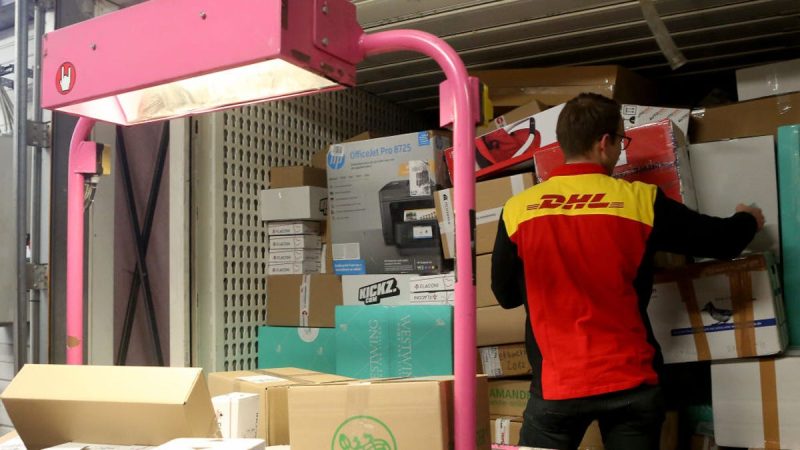
DHL, a major international shipping company, has announced it will temporarily suspend high-value shipments to the United States, effective immediately. This decision comes in response to new, stricter US import restrictions and the resulting surge in customs processing requirements. The new regulations, which took effect on April 5th, mandate more rigorous customs checks for goods valued over $800, a significant drop from the previous $2,500 threshold.
The company cited a dramatic increase in formal customs clearances, necessitating around-the-clock processing. To manage this increased workload and avoid significant delays, DHL is temporarily halting business-to-consumer shipments exceeding $800 in value. Business-to-business shipments are not impacted by the suspension, although they may still experience delays due to the increased customs scrutiny.
This move highlights the ongoing disruptions caused by the Trump administration’s trade policies. The situation has been further exacerbated by retaliatory tariffs imposed by China, resulting in a complex web of increased import costs and processing times. Even shipments valued at less than $800, while not subject to the temporary suspension, are likely to face some degree of delay. This situation is echoing similar actions taken by other international postal services, such as Hong Kong’s, who have also suspended shipments to the US due to the perceived unreasonable and abusive nature of the new tariffs.
The impact of these tariffs extends beyond just shipping delays. Federal Reserve Chair Jerome Powell recently warned that the escalating tariffs are highly likely to cause increased inflation and slower economic growth in the United States. The significant increase in tariff levels far exceeds previous expectations, leading to concerns about the potential ripple effects across various sectors of the economy. The situation remains fluid, and the full extent of the long-term consequences is yet to be seen, but one thing is certain: the current trade climate is creating significant challenges for businesses involved in international shipping and trade.










